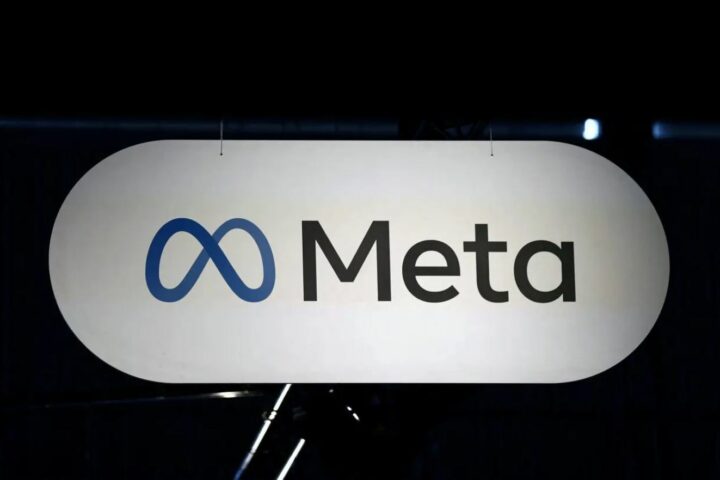 AI assistants have become a staple in both business and personal settings, making our lives a tad easier by handling various tasks. But in Europe, there’s a shift in the air. The European Commission has decided to draw a line—AI-powered virtual assistants are no longer allowed to sit in on their meetings. This new rule was rolled out during a recent online gathering with digital policy reps from across the continent.
AI assistants have become a staple in both business and personal settings, making our lives a tad easier by handling various tasks. But in Europe, there’s a shift in the air. The European Commission has decided to draw a line—AI-powered virtual assistants are no longer allowed to sit in on their meetings. This new rule was rolled out during a recent online gathering with digital policy reps from across the continent.
As the meeting kicked off, a slide made it clear: “No AI Agents are allowed.” It’s the Commission’s first step in enforcing this new direction. They haven’t shared their reasoning in detail, but it’s clear they’re taking a fresh look at how AI fits into our world.
AI tools like OpenAI’s ChatGPT are known for generating text and performing tasks with ease. But AI agents can do much more—they can juggle multiple tasks, join meetings, take notes, and even share information autonomously.
The European Commission is gearing up for a future where AI agents are part of daily life and business operations. This tech took center stage in a comprehensive package on virtual worlds released on March 31. According to this package, “AI agents are software applications designed to perceive and interact with the virtual environment,” operating on their own within set guidelines. Major tech players like OpenAI, Microsoft, and the French company Mistral are all in the race, developing their own AI agents.
While there’s no specific law targeting AI agents right now, they need to align with the EU’s AI Act. Plus, the Commission might tackle this tech when they look into legislation on algorithmic management—where algorithms manage employees—later in their term.








